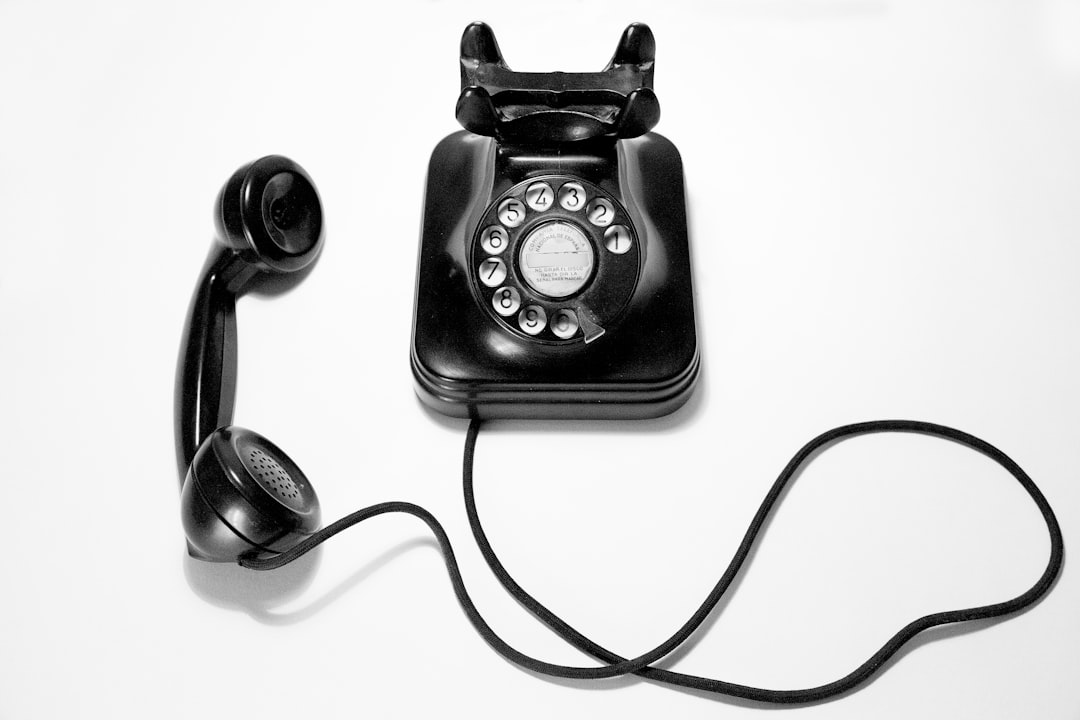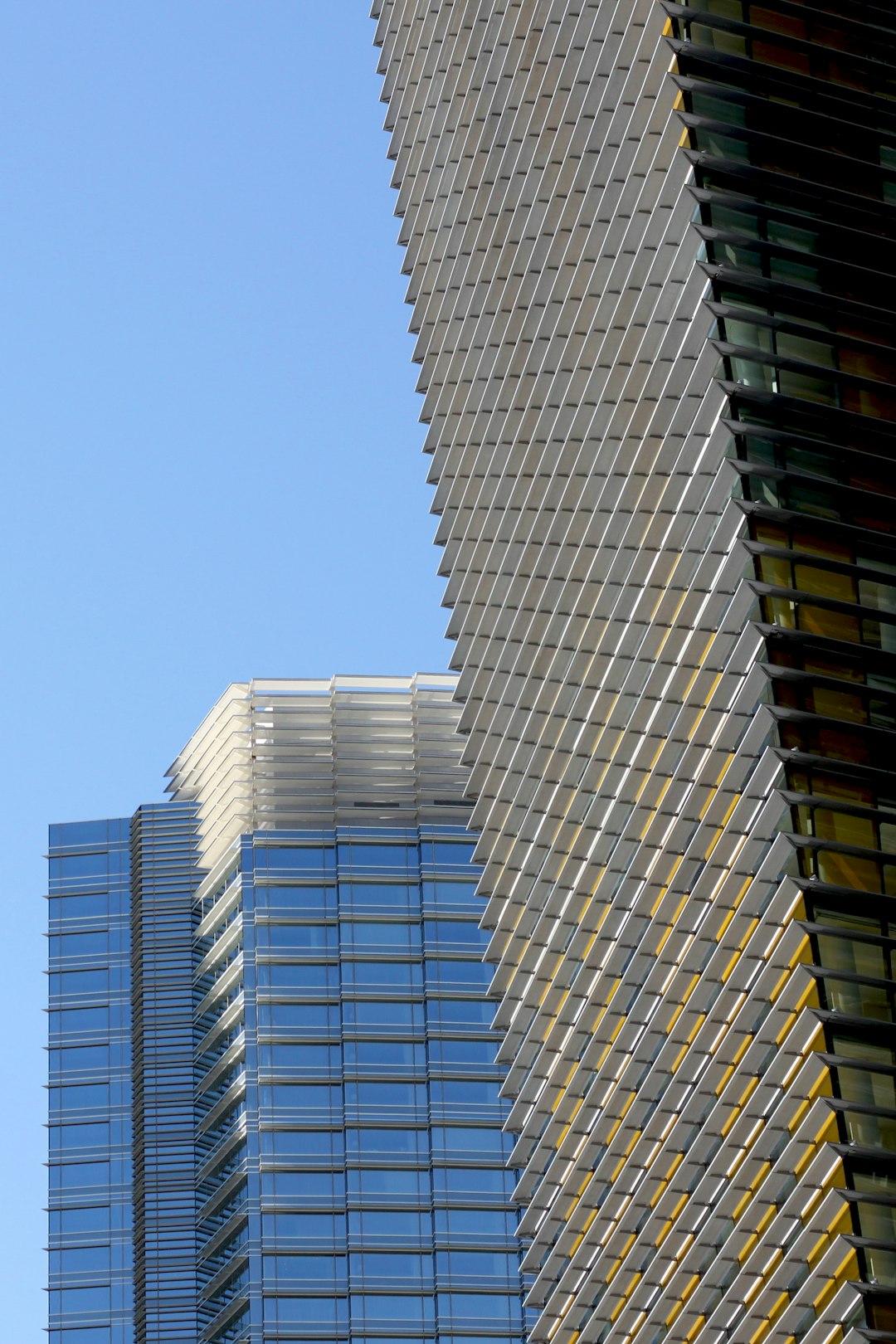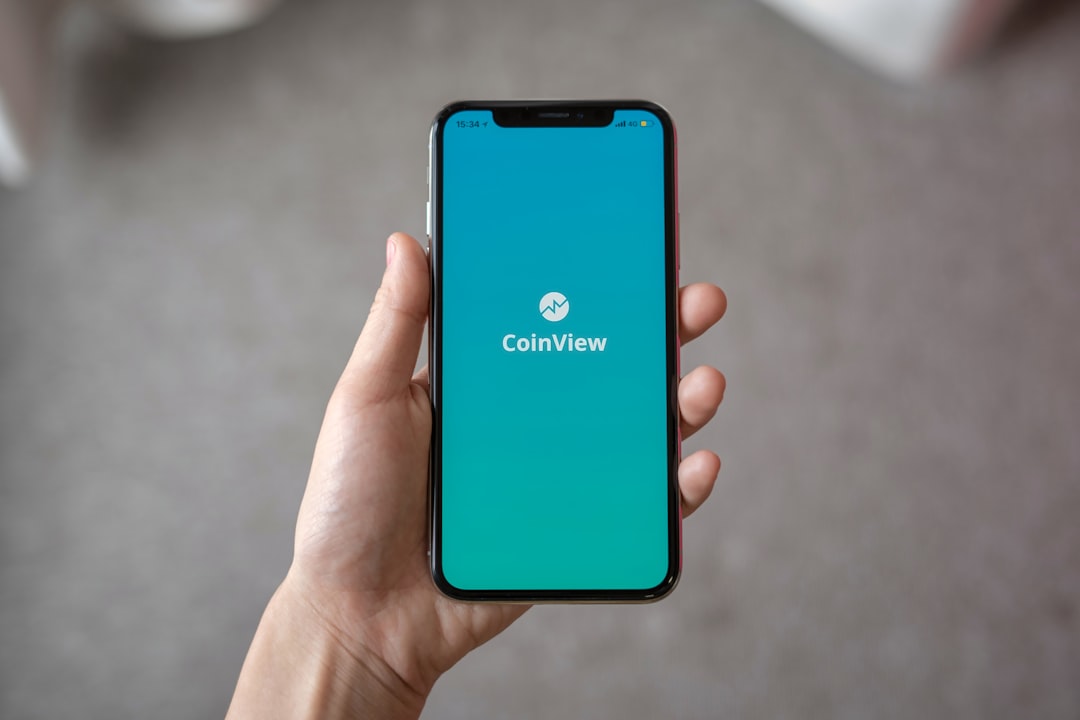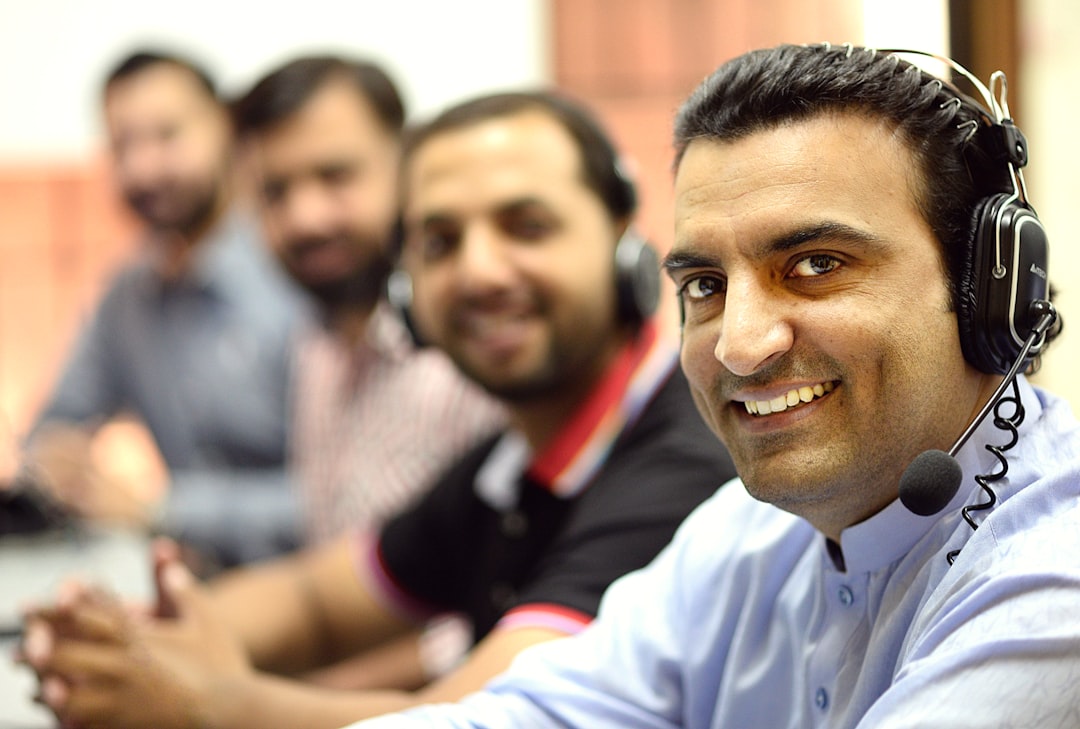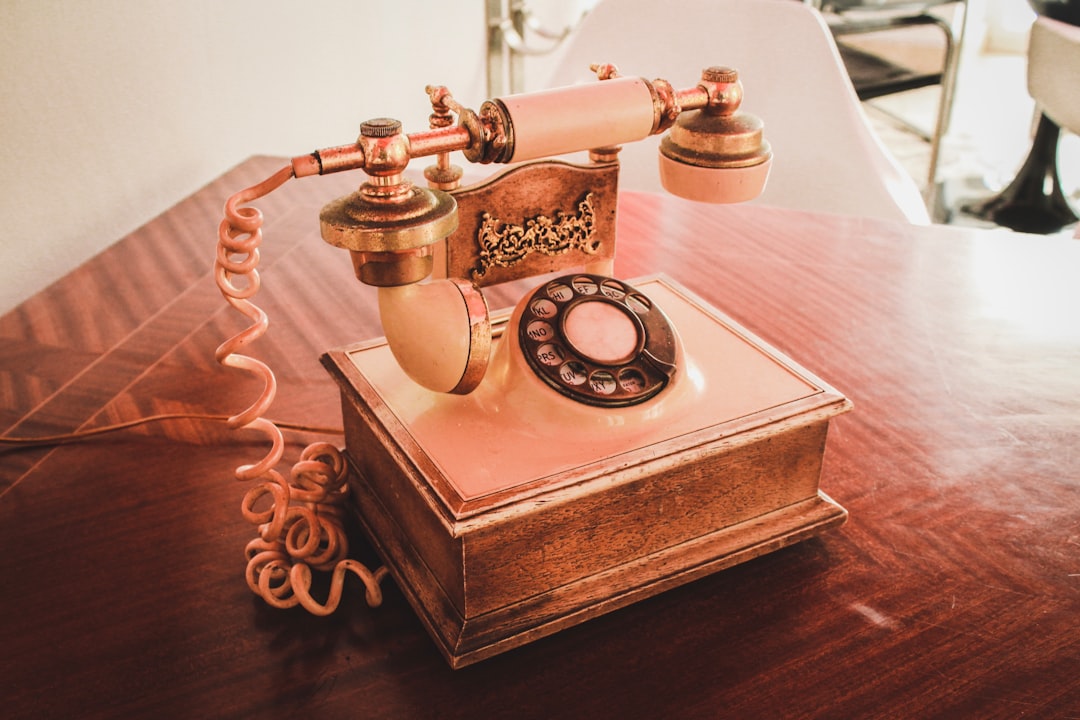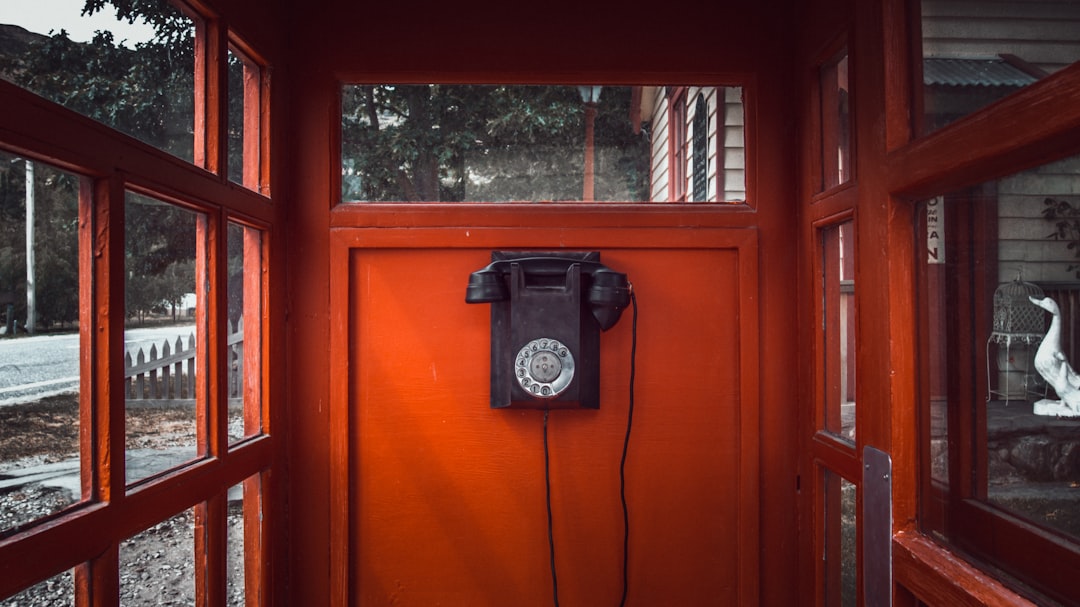In Nevada, automated dialers (autodialers) are widely used by businesses for telemarketing, appointment setting, and customer service. Consumers have rights against unsolicited autodialer calls protected by laws like the Telephone Consumer Protection Act (TCPA). If you receive an unwanted autodialed call from a law firm or attorney, exercise caution when sharing personal details. You can hire specialized autodialer lawyers or attorneys to understand your rights, seek damages, and block future calls. Note down crucial details, respond appropriately, and contact an autodialer legal professional in Nevada for guidance.
“Unsolicited calls from automated systems, or autodialers, are a common frustration in today’s digital era. From marketing messages to potential scams, these calls raise important questions about consumer rights and privacy. This article explores the world of autodialers, their common uses, and what happens when you receive an unexpected call. We delve into the legal implications, your rights as a consumer, and practical steps to navigate such interactions. If you’ve encountered issues with autodialers, connecting with an experienced autodialer lawyer Nevada or autodialer attorney Nevada can provide guidance and protect your interests.”
Understanding Autodialers and Their Common Uses
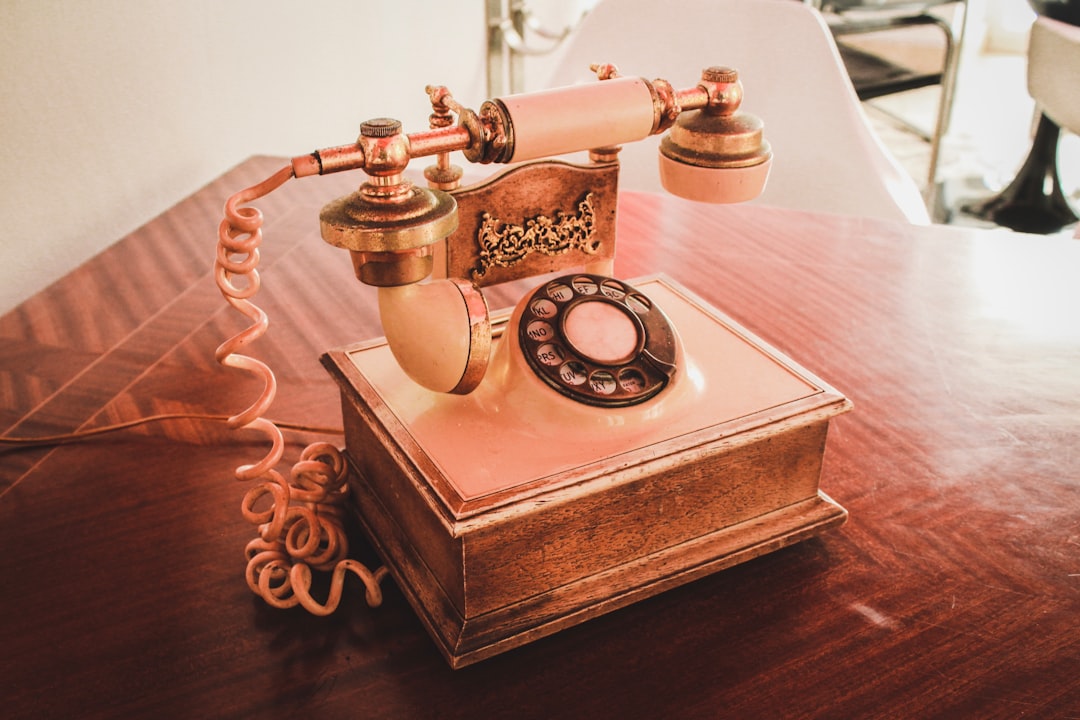
In today’s digital era, automated dialers, or autodialers, have become a common tool for businesses to reach out to potential customers. These systems use software to automatically dial phone numbers en masse, often with pre-recorded messages or live agents who handle customer inquiries. Common uses of autodialers include telemarketing, appointment setting, and customer service calls. Businesses across various industries, from financial services to healthcare, leverage these technologies to streamline their marketing and communication efforts.
In Nevada, individuals who receive unsolicited calls from autodialers have certain rights. If you’re an autodialer lawyer or attorney in Nevada, understanding these regulations is crucial. Many states, including Nevada, have implemented laws to protect consumers from excessive or unwanted automated calls, such as the Telephone Consumer Protection Act (TCPA). If a business uses autodialers negligently or violates these laws, individuals may seek legal recourse with the help of an autodialer law firm or lawyer in Nevada to recover damages and stop such practices.
Receiving an Unsolicited Call: What to Expect

Receiving an unsolicited call from an automated system can be jarring and confusing, especially if you’re unsure about the purpose behind it. When you receive such a call—often referred to as an autodialed call—from a law firm or attorney in Nevada using an autodialer, there are several things to expect. The automated voice will typically introduce itself and may state that they are calling from a law firm or legal practice, providing their contact information and asking for a relevant party by name.
In many cases, these calls are made for marketing purposes, aiming to reach potential clients. The caller might offer brief legal advice, discuss recent changes in the law affecting your industry, or simply inquire about your needs. They may also request you to return their call at a specific number or website to learn more about their services as an autodialer lawyer or attorney in Nevada. It’s important not to feel pressured during such interactions and to exercise caution when sharing any personal information until you’ve verified the caller’s identity and intentions, especially when dealing with sensitive legal matters.
Legal Implications and Your Rights as a Consumer
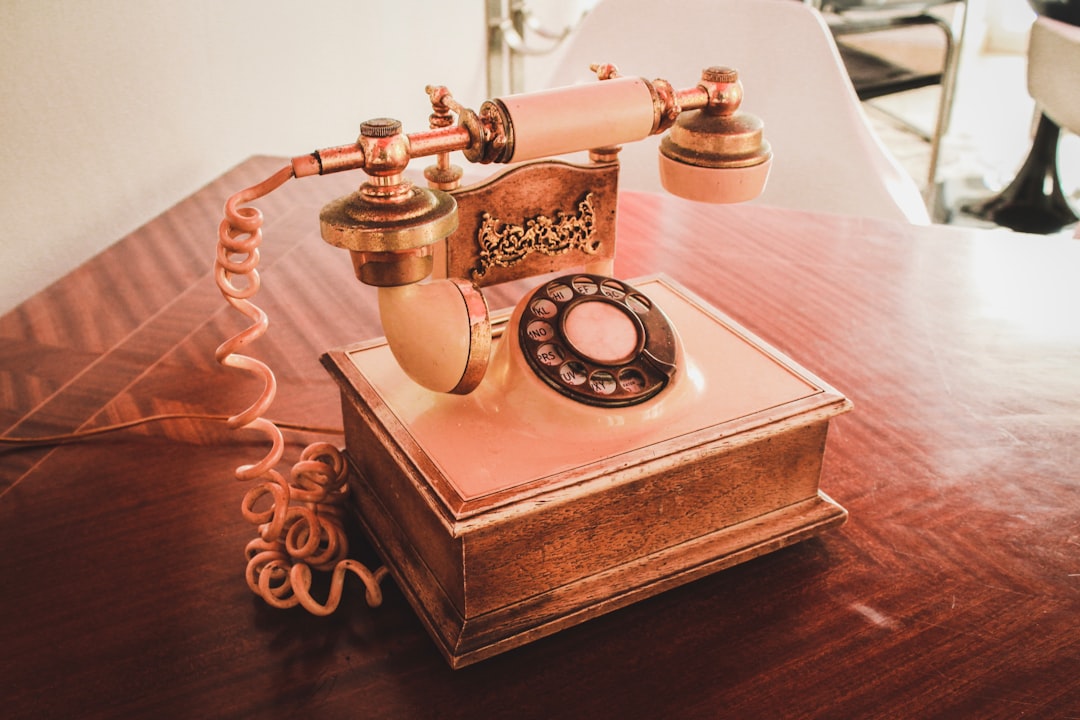
When you receive an unsolicited call from an automated system in Nevada, it’s important to understand your rights as a consumer under state and federal laws. The Telemarketing and Consumer Fraud Act (TCFA) and similar state laws protect consumers from intrusive and deceptive marketing practices, including calls made by autodialers. If an autodialer contacts you without prior consent, often indicated by having your number in a do-not-call list, it could constitute a violation of these laws.
Hiring an autodialer lawyer or attorney in Nevada who specializes in consumer protection law is advisable if you believe your rights have been infringed upon. These legal professionals can help navigate the complexities of the TCFA and state regulations to determine if the automated call was lawful or if it warrants legal action. Consumers have the right to seek damages, block future calls, and ensure their privacy is respected, especially when dealing with unwanted autodialed advertisements.
Navigating the Process: Steps After an Automated Call

Receiving an unsolicited call from an automated system can be disorienting, but navigating this process has specific steps to ensure clarity and protection. The first course of action is to remain calm and assess the purpose of the call. Automated systems are often used for marketing or informational purposes, so listen carefully as the message unfolds. If you believe the call was unintended or if it solicits legal services, take note of any details like the caller’s name, company, and any promises made.
Subsequent actions involve deciding on a response. You can politely decline the offer or request more information. If the automated system has left contact details or a callback number, consider reaching out to an autodialer lawyer Nevada, an autodialer attorney Nevada, or an autodialer law firm Nevada to understand your rights and options. Engaging legal professionals with expertise in this area can help protect you from potential issues that may arise from such calls, especially when dealing with persistent or aggressive autodialers.
